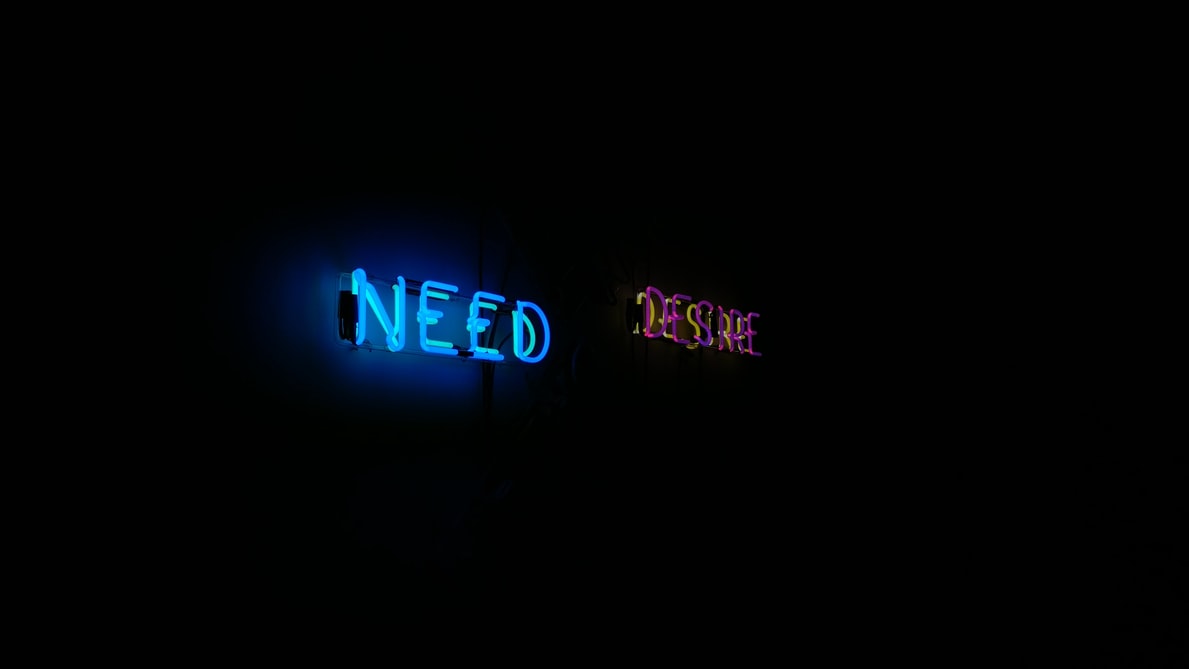The actions we take are the results of either conscious or sub-conscious desires deep-rooted within us. As Anthony Robbins says, “All communication is either a loving response or a cry for help“, our behaviors – including our communication – are guided by our needs and desires. Some desires are met, and some remains unmet. This stretching continuum shows us our own “Desire Continuum“, which could be a useful tool to build our self-awareness.
When our desires are continually met, we start desiring more. After all, human wants and needs are unlimited. When we’re not mindful about what we have in our possession, we tend to shift more to the ‘Greed‘ side of the desire continuum. We would simply want more – possessions, belonging, power, affiliation – just more of anything.
Contrary to it, when our desires are continually unmet, we tend to shift more to the ‘Anger‘ side of the desire continuum. When we don’t get what we desire for long, frustrations and anger starts kicking in, which would eventually cloud our judgement towards anything.

The Origin – Desire Continuum
काम एष क्रोध एष रजोगुणसमुद्भव: ।
महाशनो महापाप्मा विद्ध्येनमिह वैरिणम् ।।
Chapter 3, Verse 37 of the Bhagavad Gita translates into: The Supreme Lord said: It is lust alone, which is born of contact with the mode of passion, and later transformed into anger. Know this as the sinful, all-devouring enemy in the world.
While the Bhagavad Gita puts both greed and anger as our enemy, we could be more mindful of our own desires – and its swing to either left or right of the desire continuum.
Also Read: Don’t be yourself, consider adaptive authenticity
Self-Reflection questions to ask ourselves:
- What are our immediate desire(s)?
- What would be our long-term desire(s)?
- Are our desire(s) being unmet or intensified?
- If we get angry easily, what are our desire(s) that is unmet?
- What do we usually ‘greed‘ about?
- Do we notice any trend of intensified desire(s) in ourselves?
- What triggers do we notice in context to our desire(s) being met or unmet?
Answering these questions might not be the end, but it sure is a part of an enhanced self-aware journey.
—
Happy Dashain 2077, everyone!


